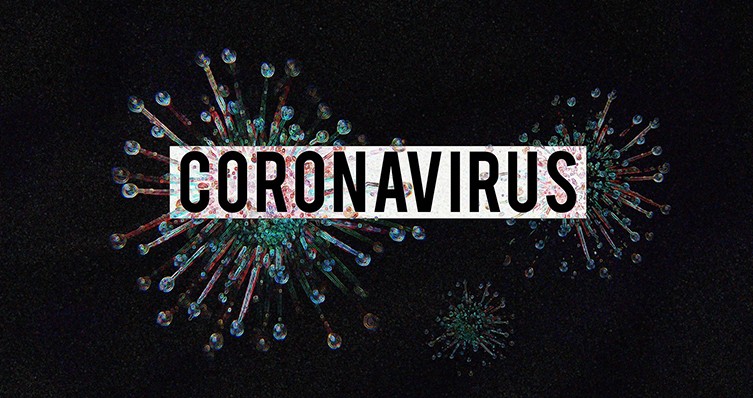
The U.S. House of Representatives has followed the Senate’s lead to pass a massive $2 trillion bipartisan stimulus bill to address the financial and healthcare crisis resulting from the coronavirus pandemic.
President Trump previously endorsed the package — named the Coronavirus Aid, Relief, and Economic Security (CARES) Act — and indicated he will sign it into law quickly.
The bill’s passage follows days of back-and-forth and occasional conflict between Senate lawmakers, including Minority Leader Chuck Schumer and Treasury Secretary Steven Mnuchin, who played a prominent role in crafting the legislation.
The package offers relief for workers, businesses, and corporations that have been affected by social distancing measures put in place to curb the spread of the coronavirus, including the closures of restaurants, bars, and schools, as well as restrictions on gatherings of more than 10 people.
The legislation guarantees direct payment of $1,200 to most adults who earn less than $75,000 annually, as well as expanded unemployment insurance for workers who have been laid off.
The passage of this bill is the latest in a series of steps to address the overwhelming economic impact from the pandemic, though more action could be on the horizon. The Senate won’t return to the Capitol until April 20, although lawmakers have speculated that they might have to come back sooner and approve further emergency legislation.
Key provisions for individuals, businesses and other employers
Here’s a rundown of the most notable provisions of the CARES Act:
Individuals
- Recovery rebates of up to $1,200 for individuals; $1,200 for heads of households; and $2,400 for married couples filing jointly — plus $500 per qualifying child — subject to income-based phaseouts starting at $75,000, $122,500; and $150,000, respectively
- Expansion of unemployment benefits, including for self-employed and gig-economy workers
- Waiver of the 10% penalty on COVID-19-related early distributions from IRAs, 401(k)s; and certain other retirement plans
- Waiver of required minimum distribution rules for IRAs, 401(k)s; and certain other retirement plans
- Expansion of charitable contribution tax deductions
- Exclusion for certain employer payments of student loans
Click here for an in-depth look at how this legislation will affect individuals.
Businesses and employers
- Retention tax credit for eligible employers that continue to pay employee wages while their operations are fully or partially suspended as a result of certain COVID-19-related government orders
- Deferral of the employer portion of payments of certain payroll taxes
- Modification of net operating loss (NOL) and limitation on losses rules
- Modification of the deduction limitation on business interest
- Qualified improvement property technical correction, allowing qualifying interior improvements of buildings to be immediately expensed rather than depreciated over a period of years
- Expansion of the ways the Small Business Administration (SBA) can help small businesses
Click here for a detailed look at business incentives featured as part of the legislation.
More details to come
This is a broad overview of the CARES Act, which included more than 800 pages of legislation. We will share additional details on the provisions that are likely most relevant to you or your business in the coming days. In the meantime, reach out to a KraftCPAs professional with questions or concerns you have about taxes or your individual financial or business situation.
© 2020
KraftCPAs can help.
Call us at 615-242-7351 or complete the form below to connect with an advisor.